
Facing the Climate Crisis From a Texas Prison Cell
For the past seven summers, I have lived in solitary confinement without air conditioning. A trip to medical during a heat wave helped put the climate crisis into perspective.
The Appeal proudly publishes work from incarcerated and system-impacted writers.

For the past seven summers, I have lived in solitary confinement without air conditioning. A trip to medical during a heat wave helped put the climate crisis into perspective.
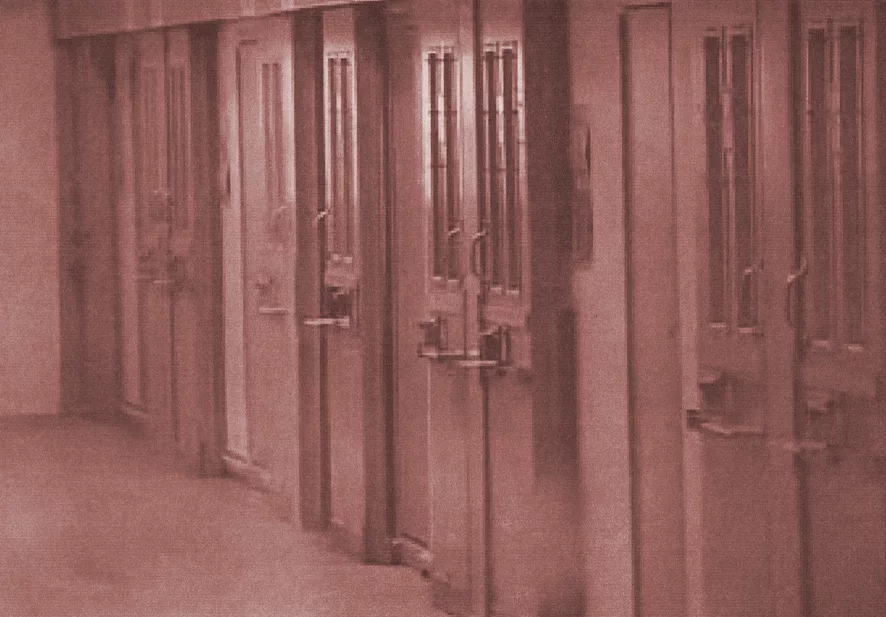
Ten years ago this month, nearly 29,000 people in California prisons staged a hunger strike to protest solitary confinement.
The conditions I faced were outrageous. But the prison administration’s justification for keeping me in the hole was even worse.
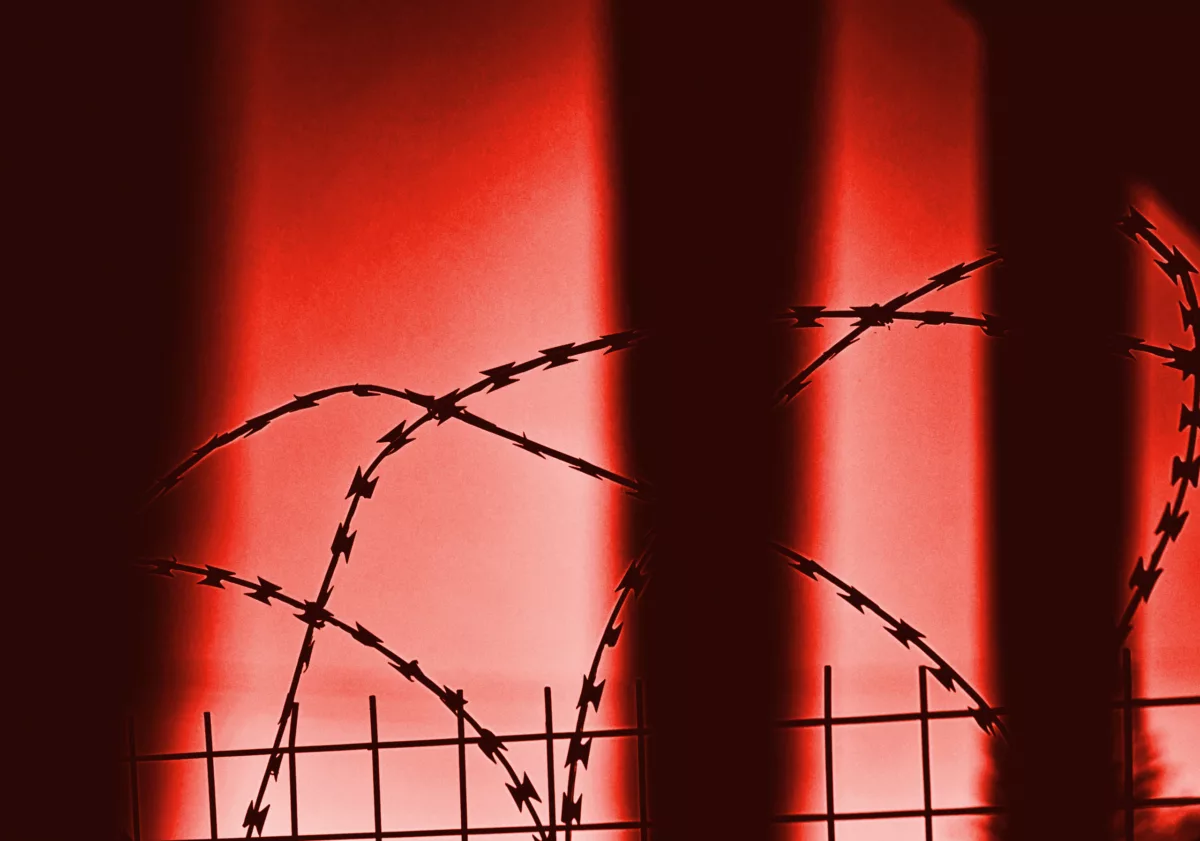
Lacino Hamilton spent 26 years in prison for a murder he didn’t commit before being exonerated in 2020 after DNA evidence cleared him.
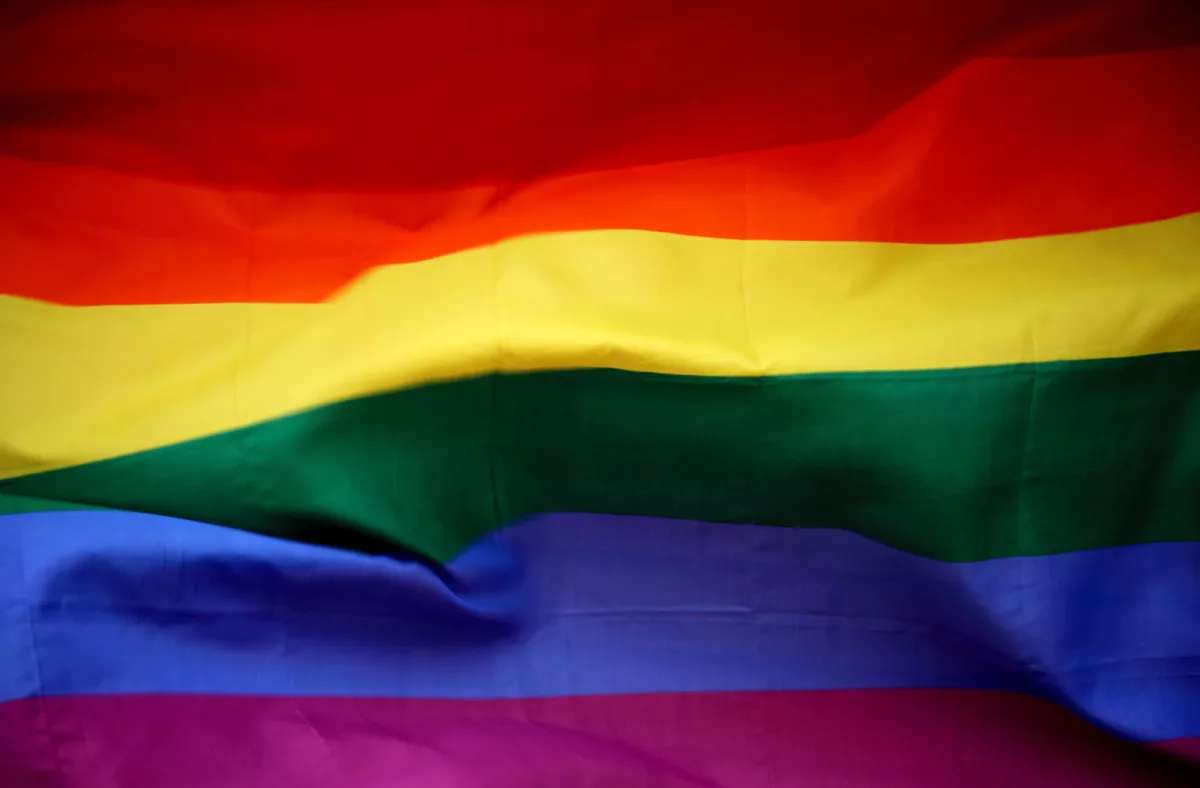
The phrase “toxic masculinity” is ubiquitous these days, but there are few places where it’s more all-consuming than in a men’s prison
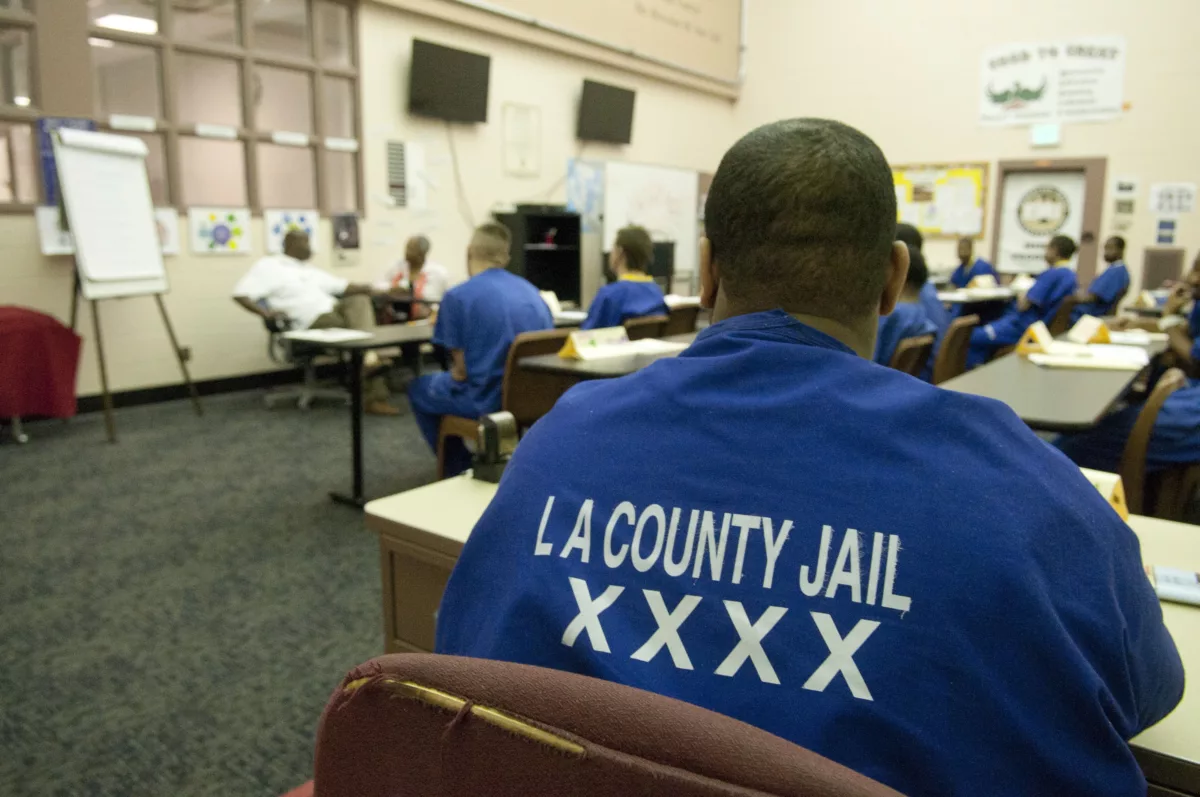
Los Angeles County lawmakers should enshrine the zero-bail rules into law so people in Los Angeles County jails can see their families.
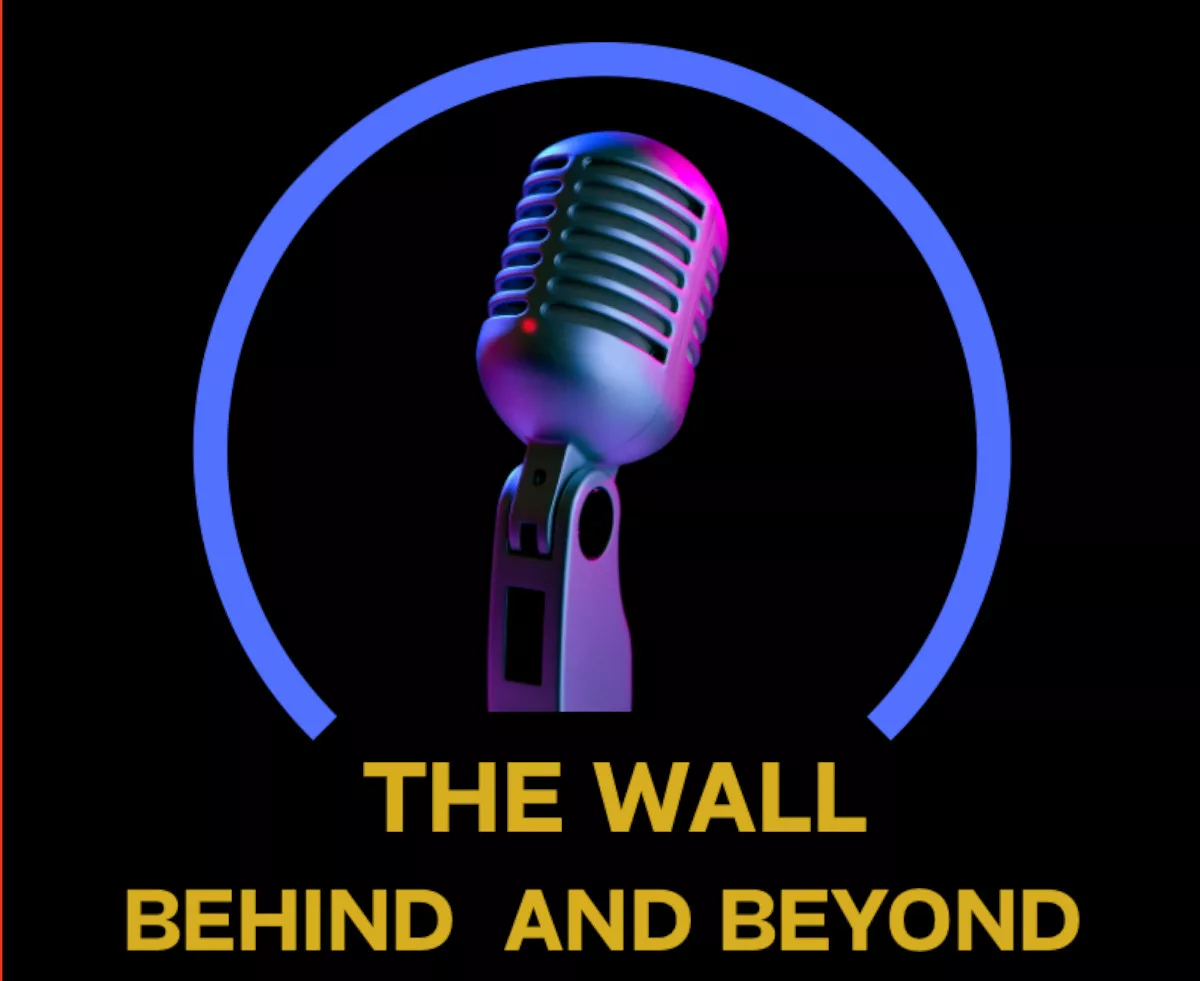
David Shipley tells Phillip A. Jones, who has spent more than 30 years in U.S. prisons, about his experiences in a British “open prison.”
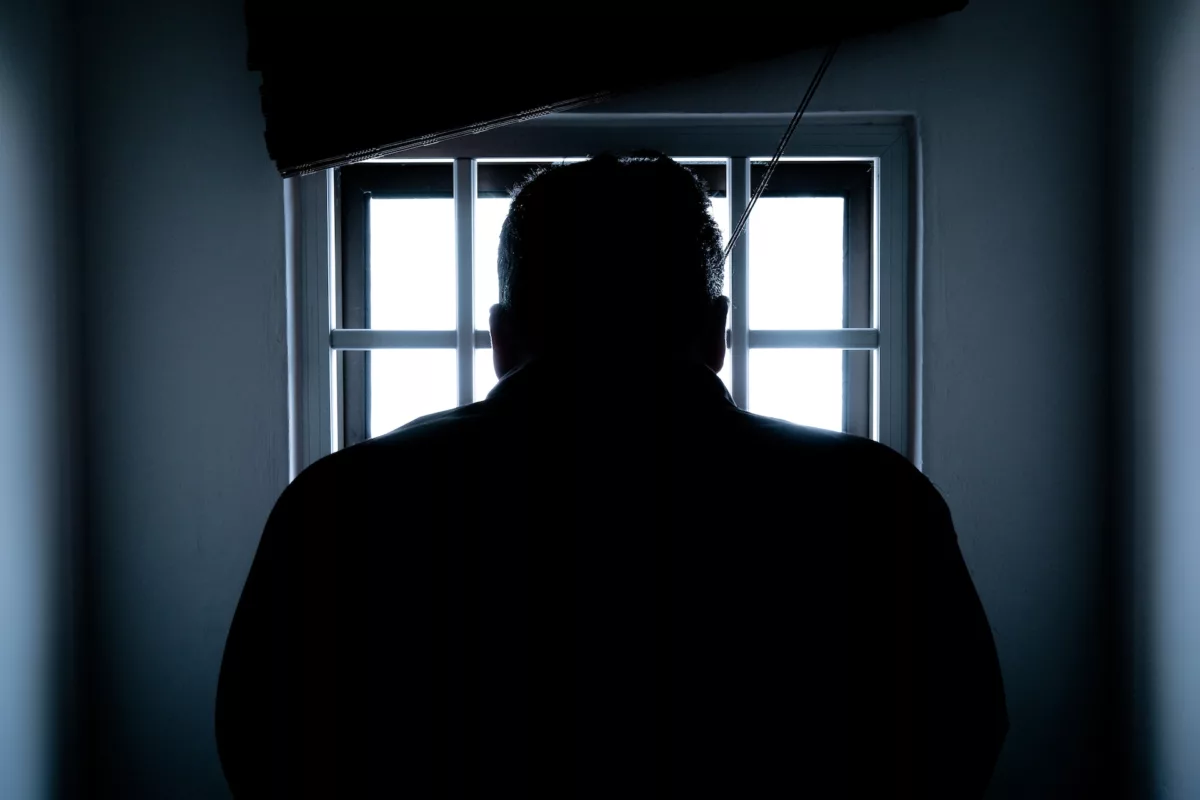
Incarcerated writer Nick Hacheney is getting ready to leave after being incarcerated for more than 20 years. He’s glad he’ll have his freedom—but he’s also worried about the lack of care for longtime prisoners, the trauma he’s endured, and what the world outside holds.
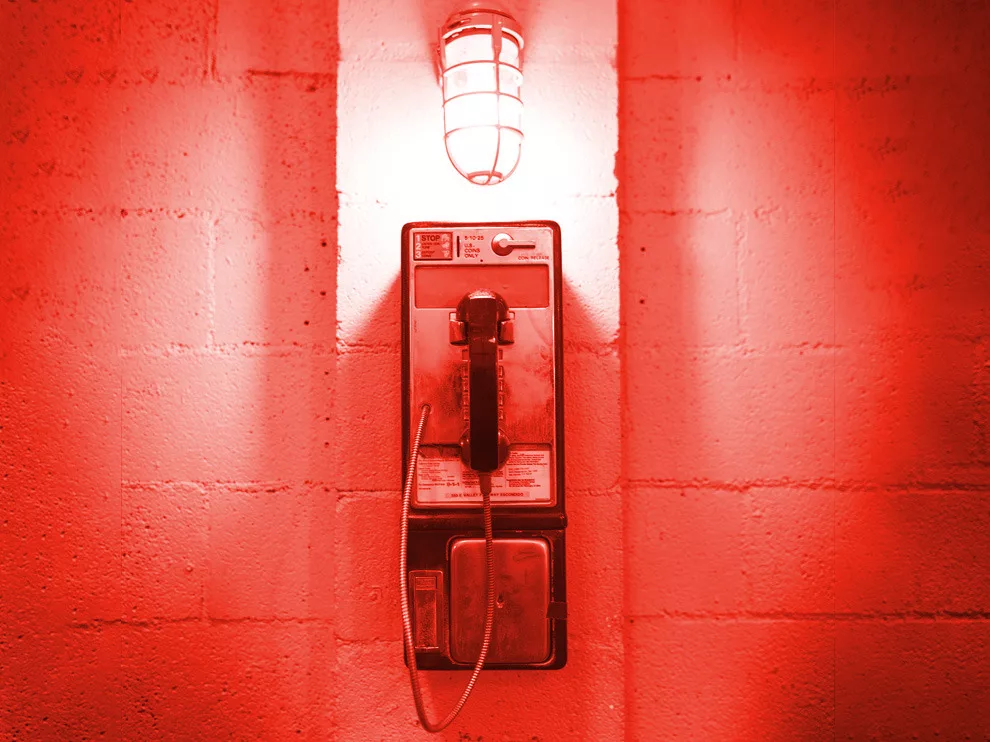
Months-long outages, equipment shortages, and unreliable service have plagued the roll out of new telecoms contract in California prisons.
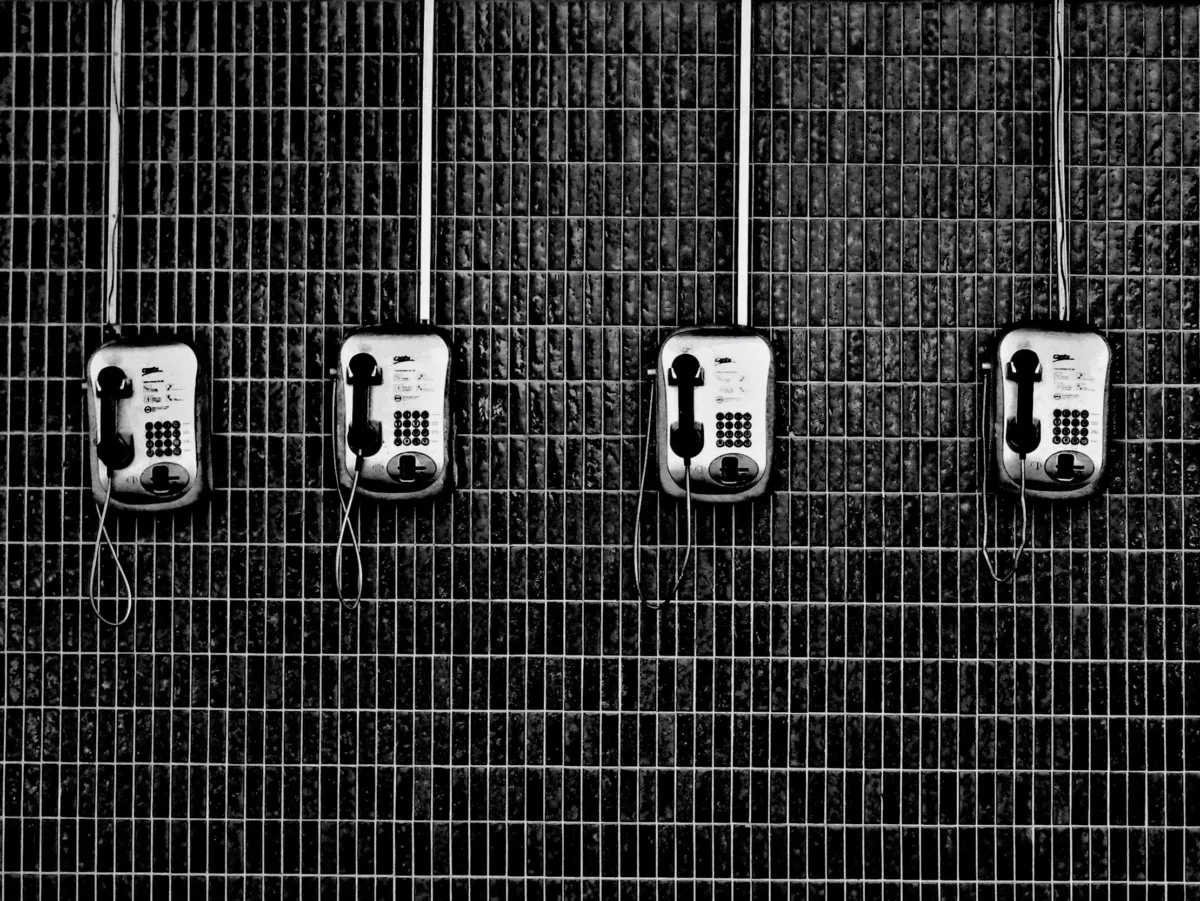
JShawn Guess recounts how being unable to earn money while in prison led to him missing out on his final moments with his mom.
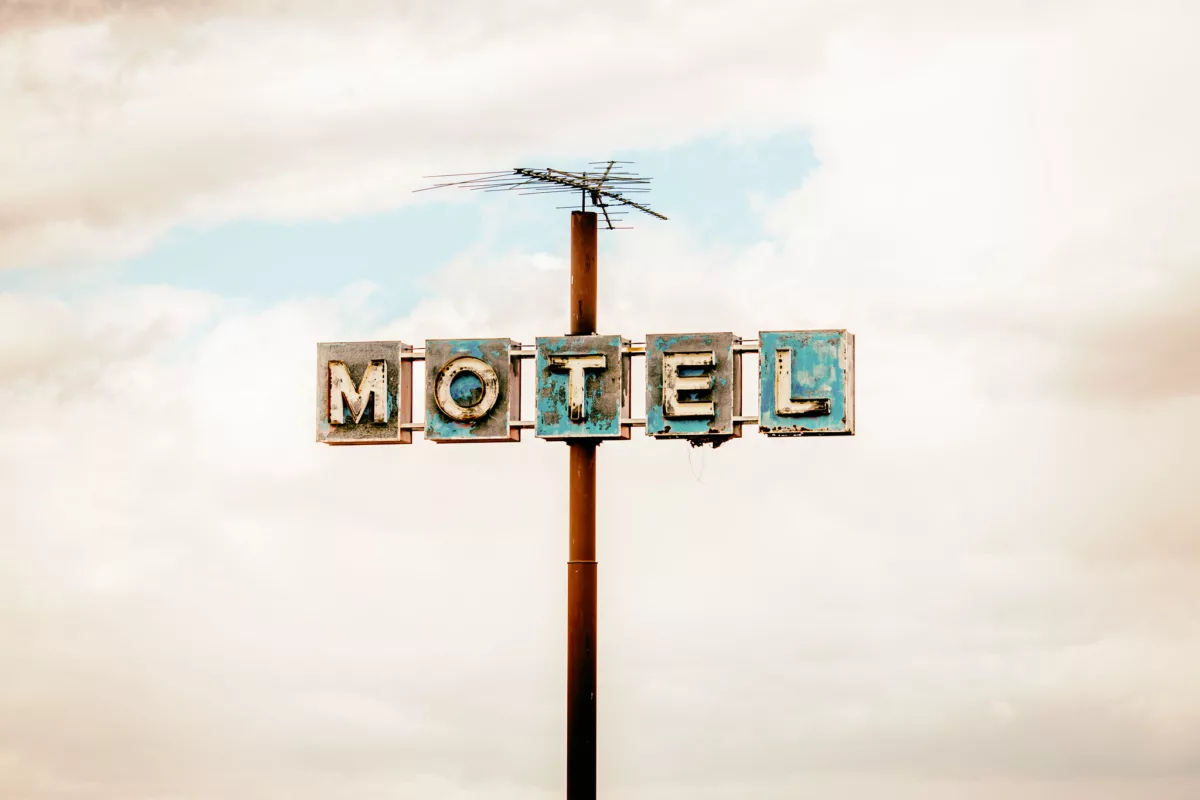
The severe restrictions I face while on supervision effectively serve as a ban on stable housing. The terms of this arrangement have left me technically homeless, forced to live in a motel.

Legislation signed by Bill Clinton makes it nearly impossible for people in prison to have their cases heard in court.
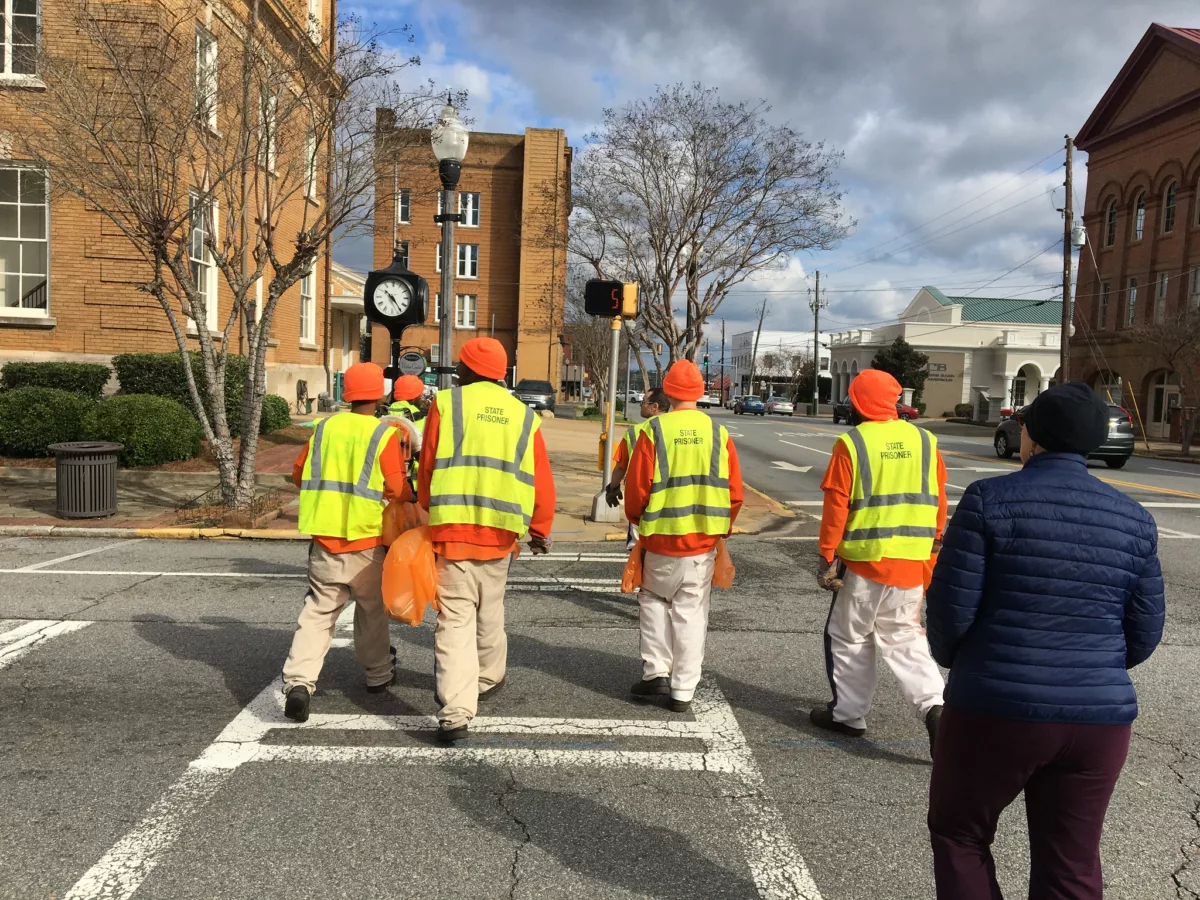
Inside the towering walls and razor wire fences of U.S. prisons, slavery remains legal—and it is carried out with little oversight, often under horrific conditions.
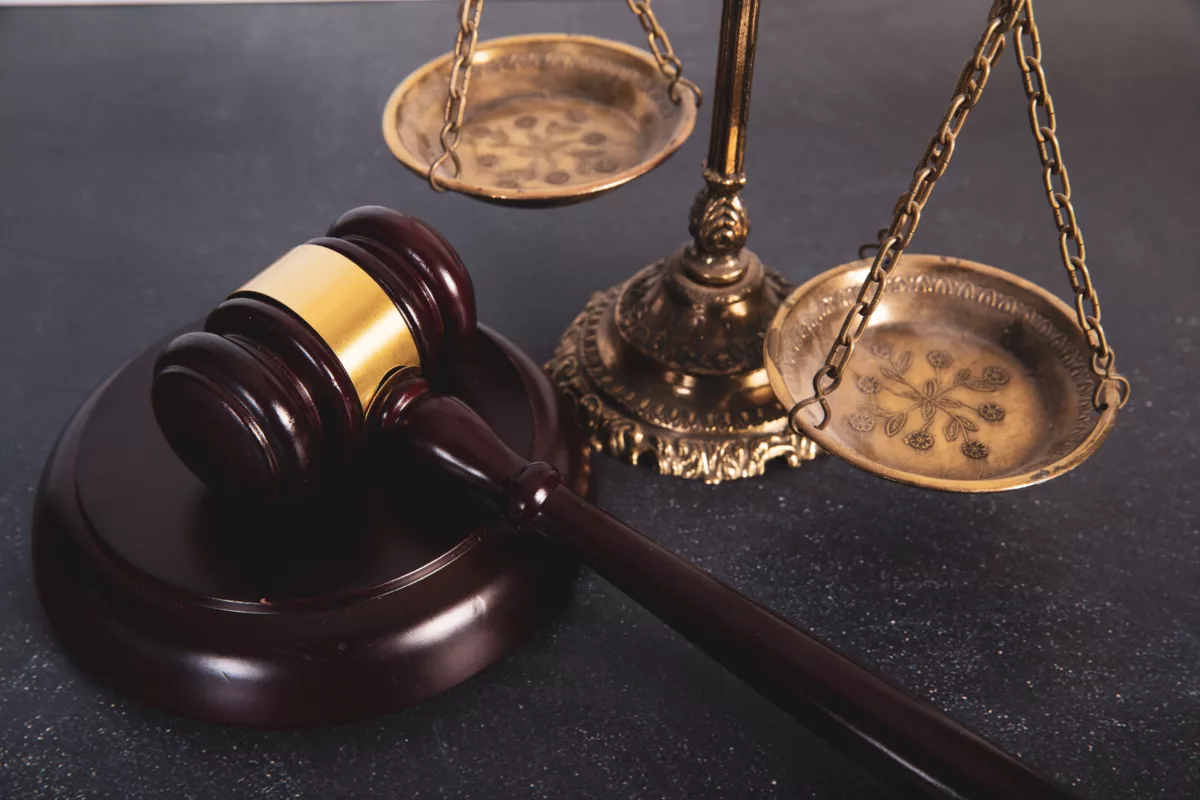
I don’t know if I’ll ever receive the resentencing hearing I was once promised, but I do know this system must change.
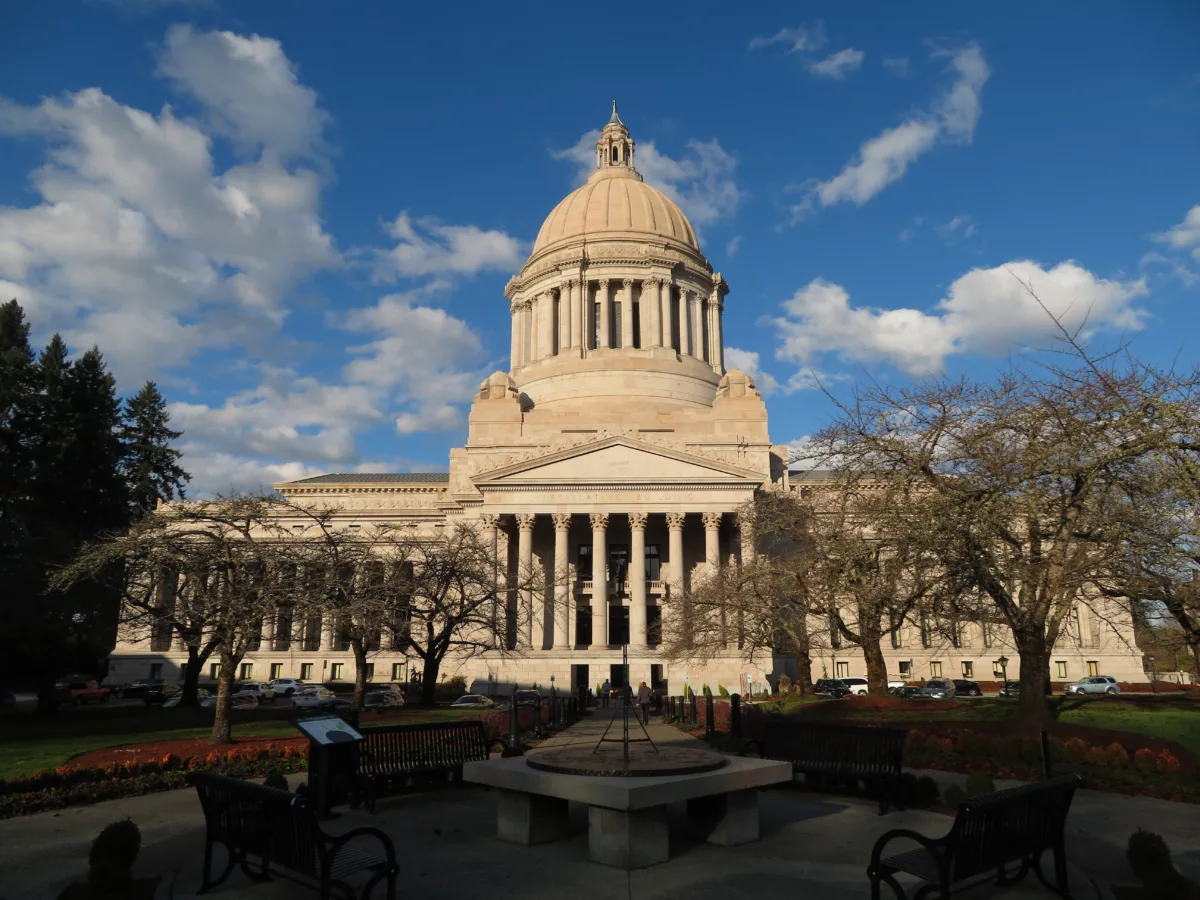
Under state law, adult prison sentences are automatically enhanced based on prior youth adjudications. New legislation would rein in the practice and allow for reconsideration of extreme sentences.

Ron DeSantis called in the National Guard to staff Florida prisons. The staffing shortage is hurting incarcerated people.
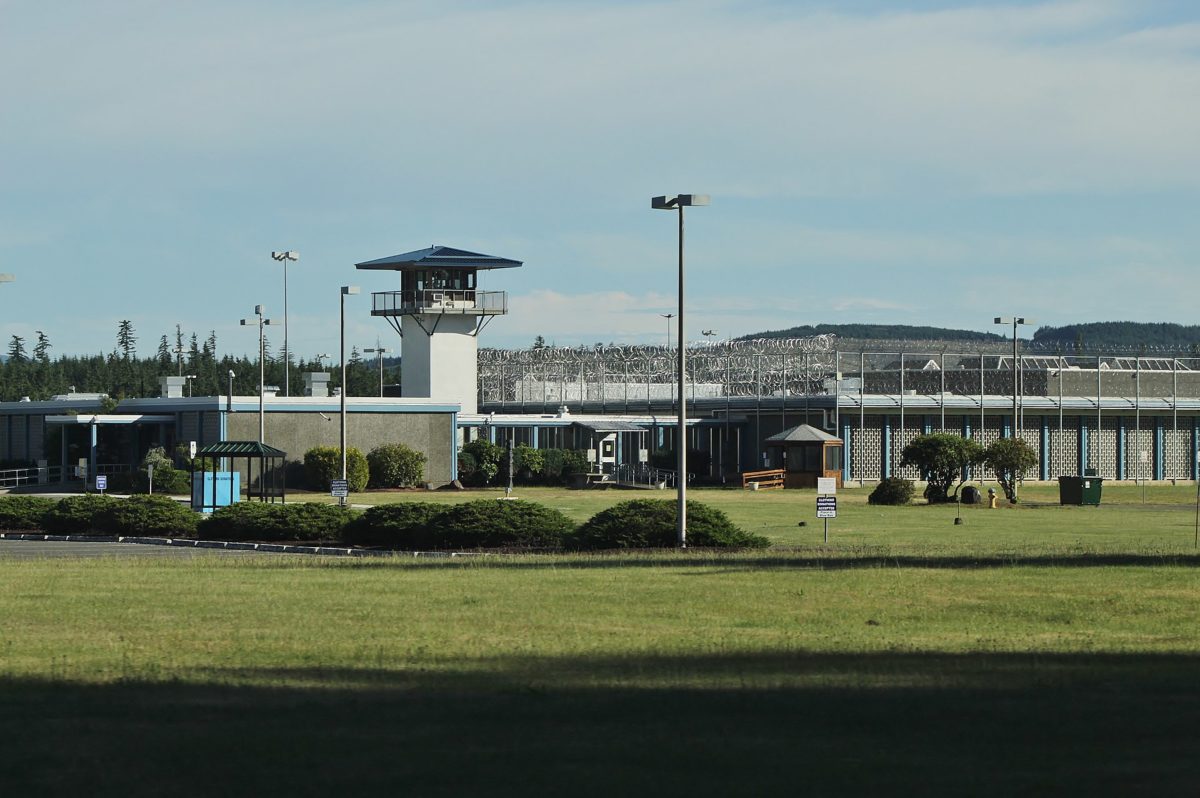
Officials delayed the delivery of critical documents for months, leading to the premature dismissal of at least two appeals filed by incarcerated men. The mistakes underscore much deeper challenges for indigent prisoners.

I was lucky enough to get a lot of mail while imprisoned on Rikers Island. Paper mail is one of the few things that keeps prisoners feeling human.

We’re still overcrowded and set up for disaster.
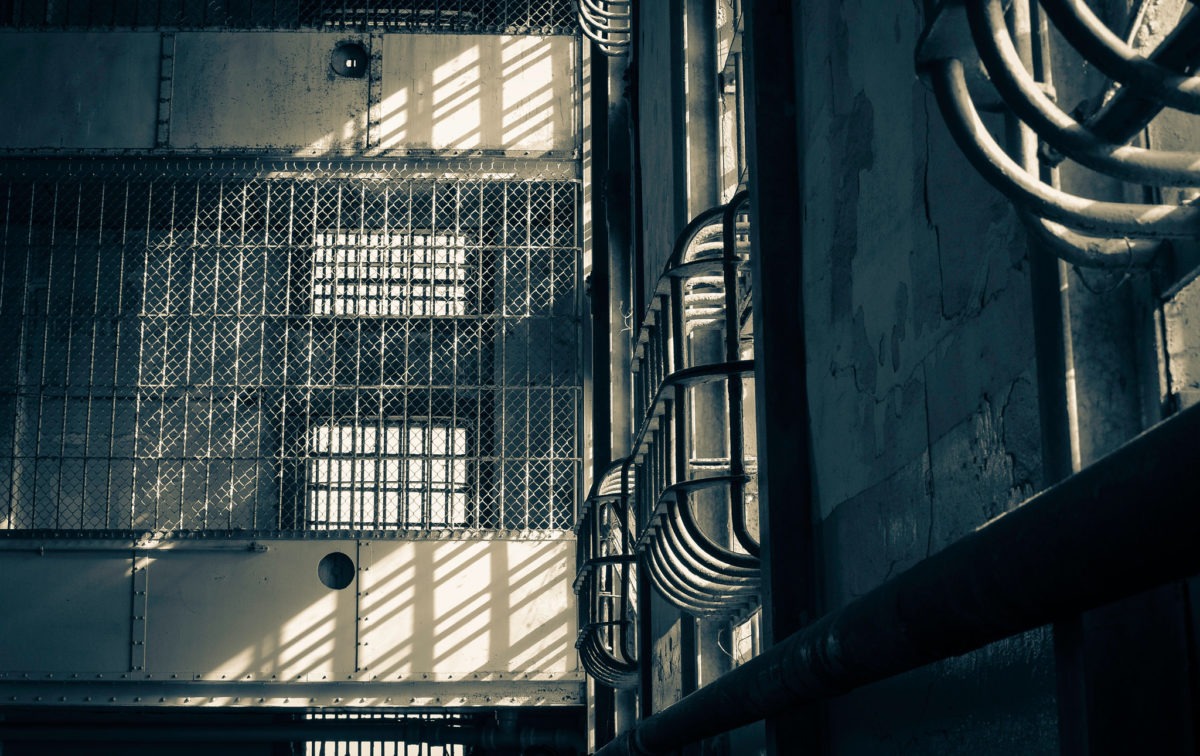
More than six years into DOJ probes, the conditions inside Georgia prisons have only further deteriorated.
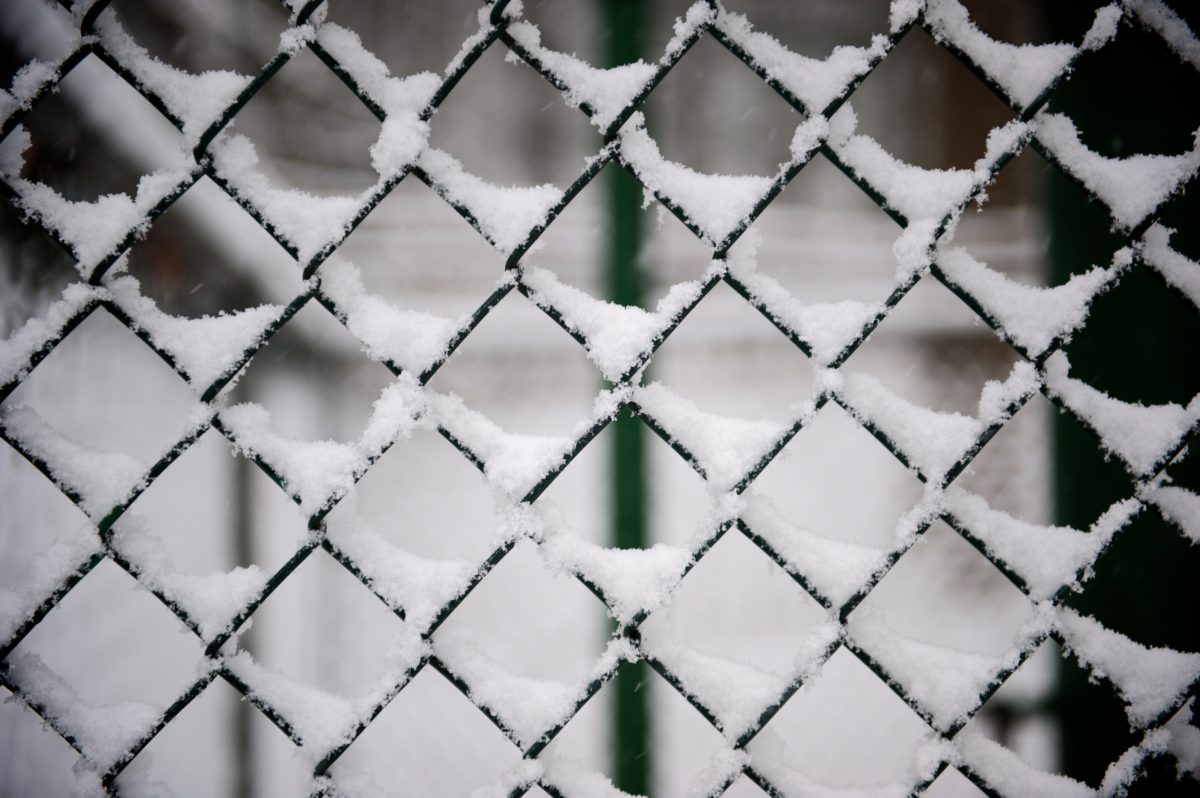
Incarcerated writers reflect on the pain, joy, and other complicated emotions associated with getting in the so-called “holiday spirit” in prison.
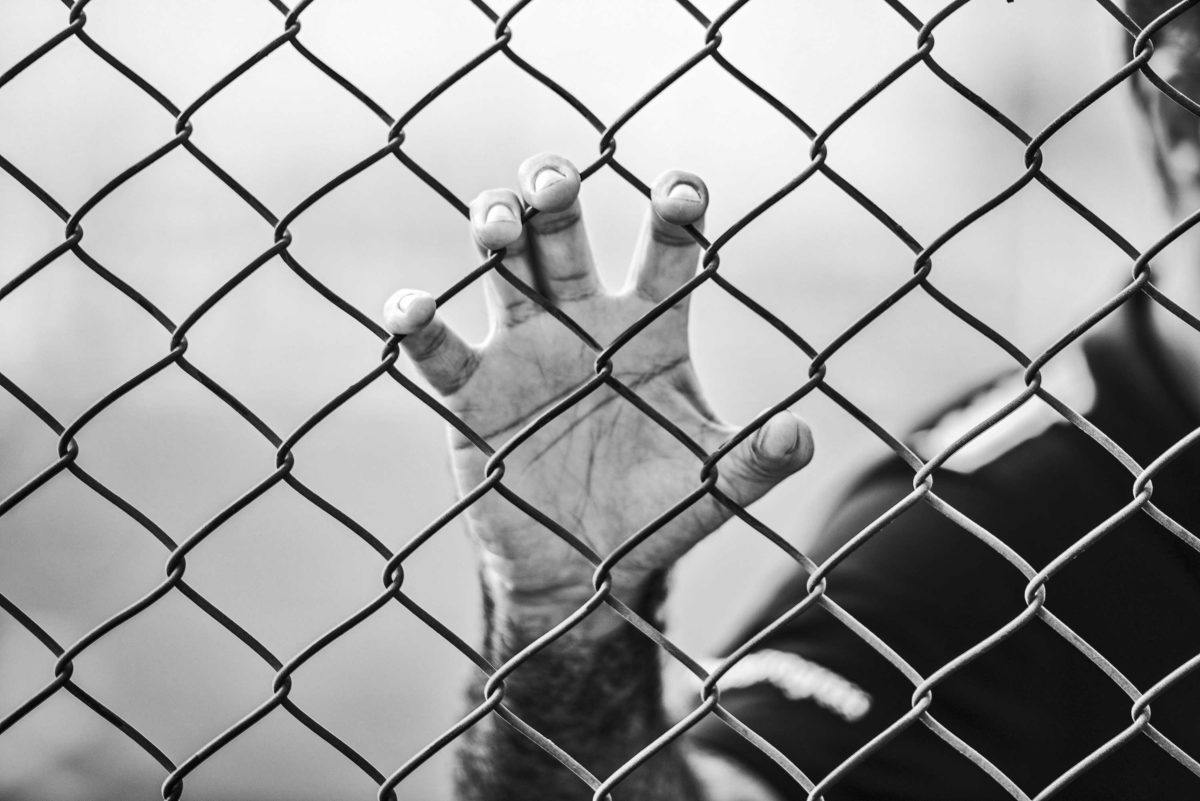
I was arrested in 2011 after engaging in sex work to survive and later forced to register as a sex offender. Since then, social stigma, footage laws, and crushing monthly court debts have made it difficult to get back on my own two feet and succeed after prison.
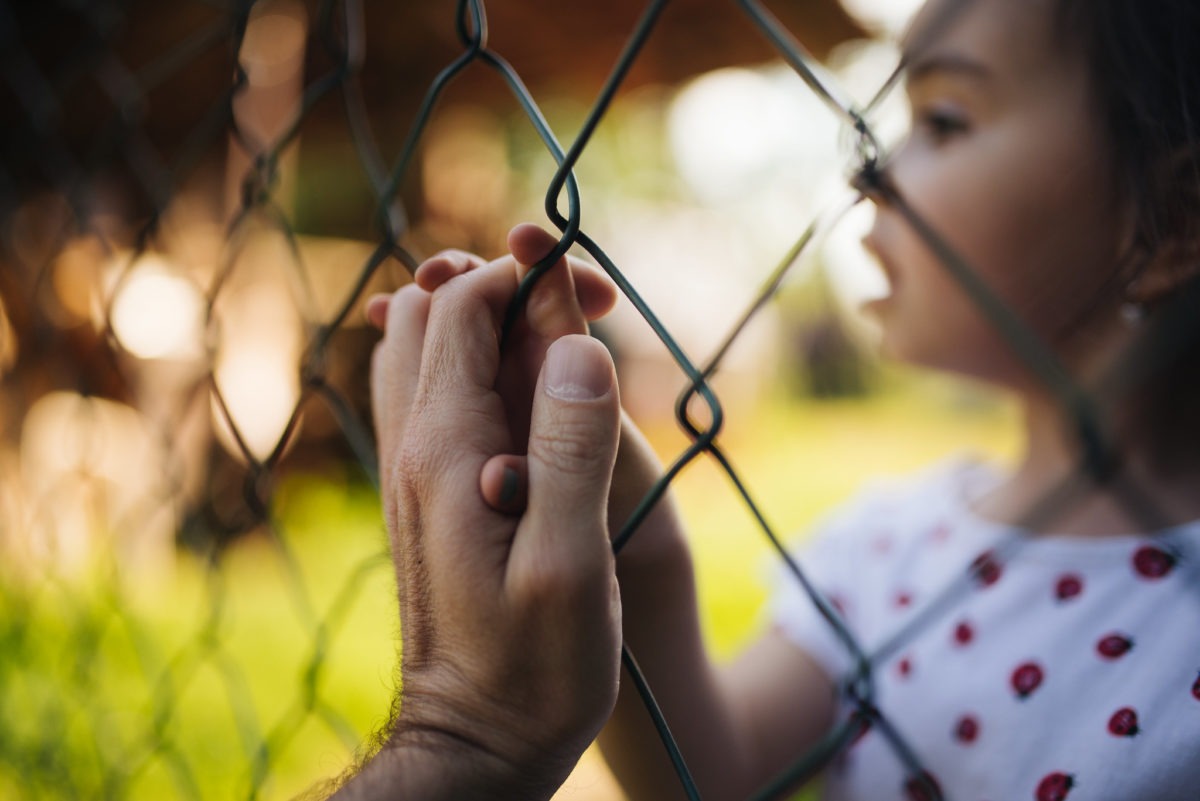
Patrick Stephens, a formerly incarcerated writer, explains how arbitrary, byzantine, and punitive visiting rules tear apart the families of the incarcerated—especially after the pandemic.
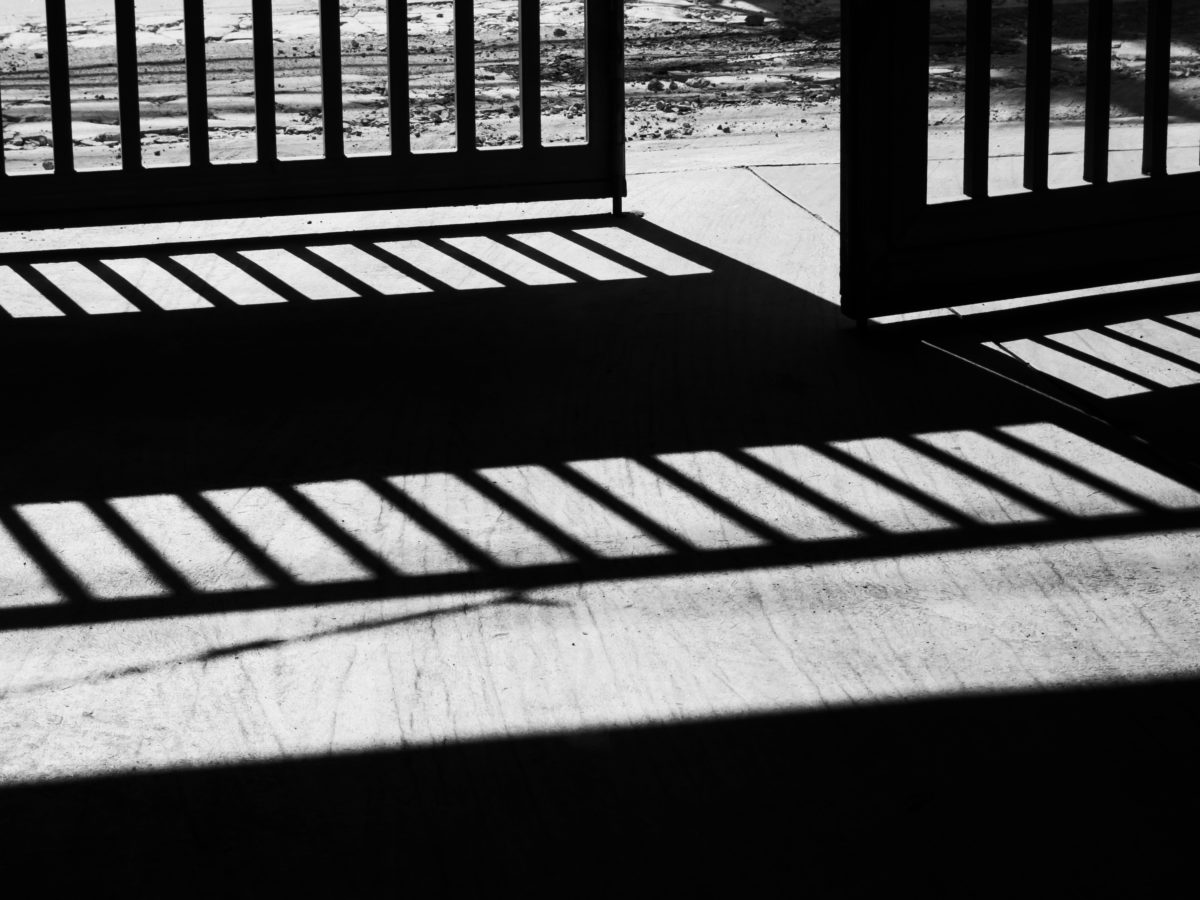
Incarcerated people need opportunities to learn and grow.
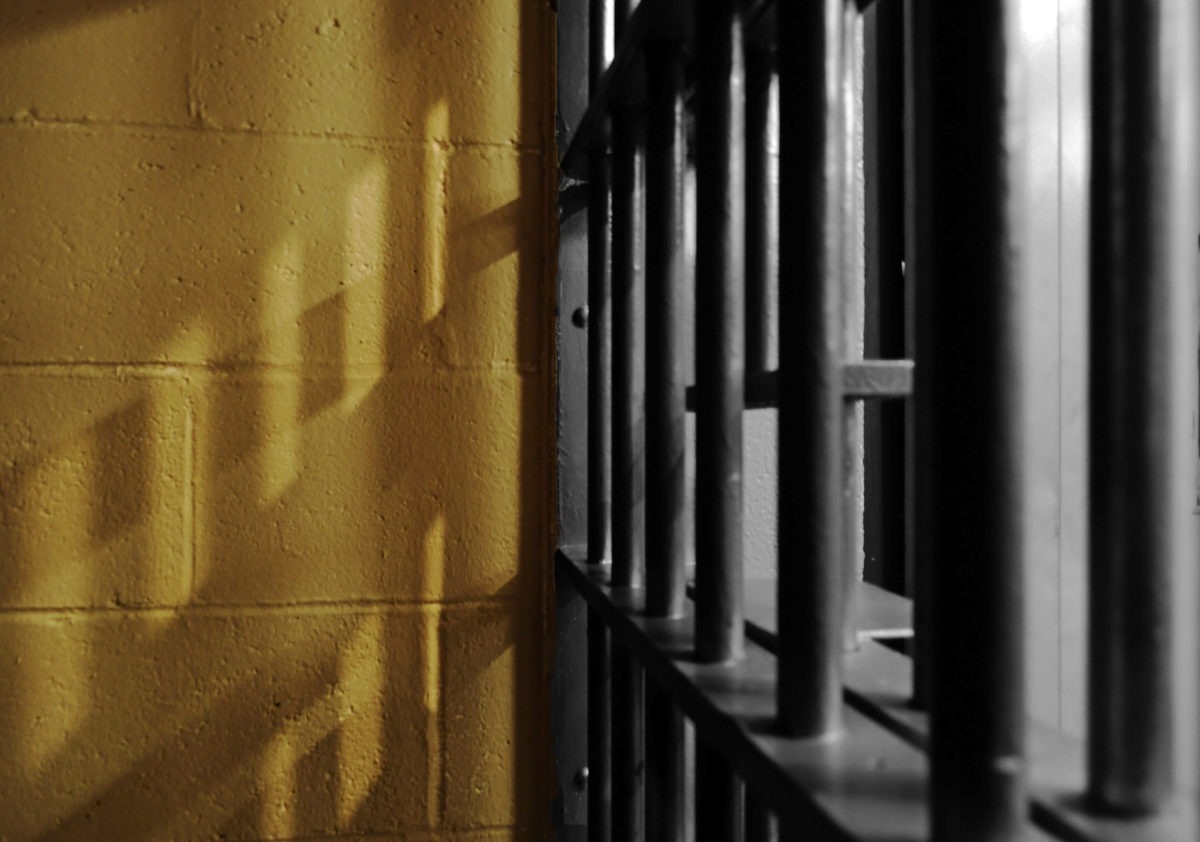
I wanted to have a better diet in prison. But when you’ve been stripped of your freedom, it can be impossible to make the “right” decisions.

An incarcerated writer reflects on what her “going home” story will look like when home no longer exists.
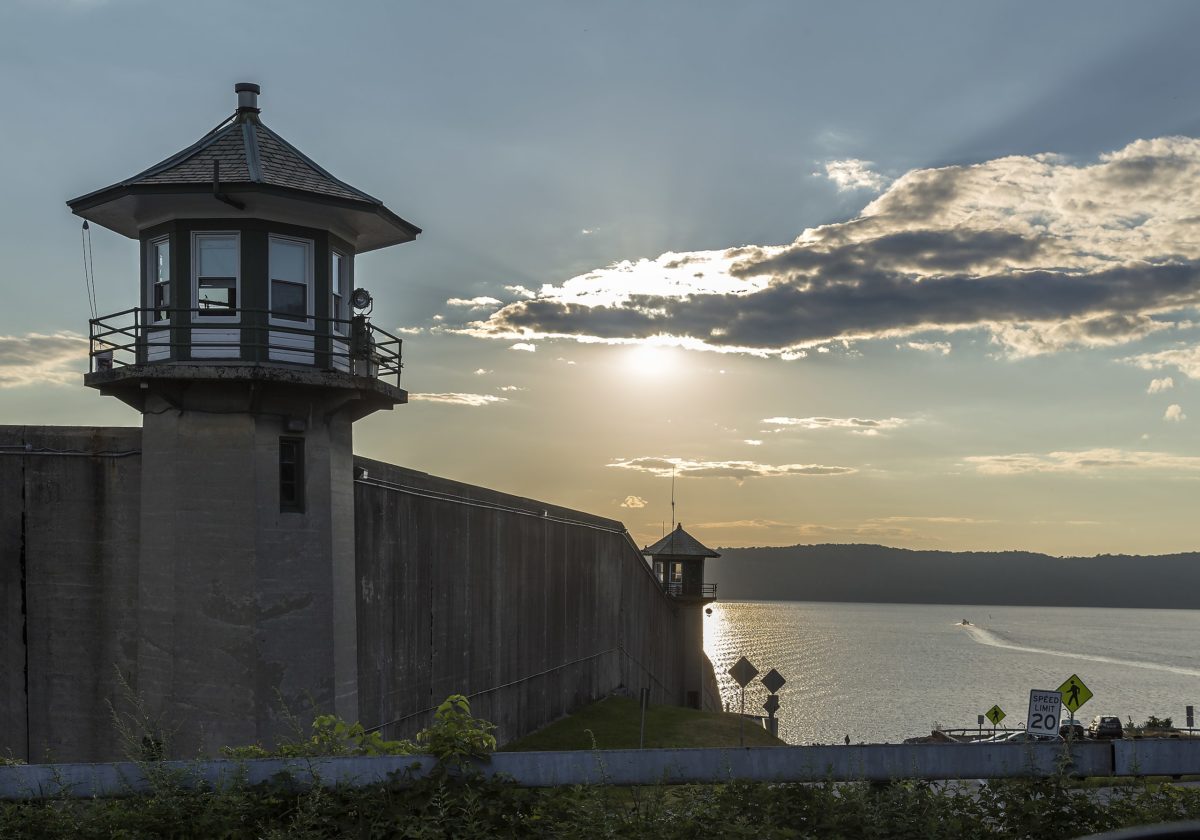
One incarcerated author used skills from an HIV/AIDS group to push imprisoned people and prison guards to get vaccinated against COVID-19.

Serving out a sentence in a Washington state prison, I was certain I’d never own a home. When my wife and I started the process, we found out just how difficult it would be.
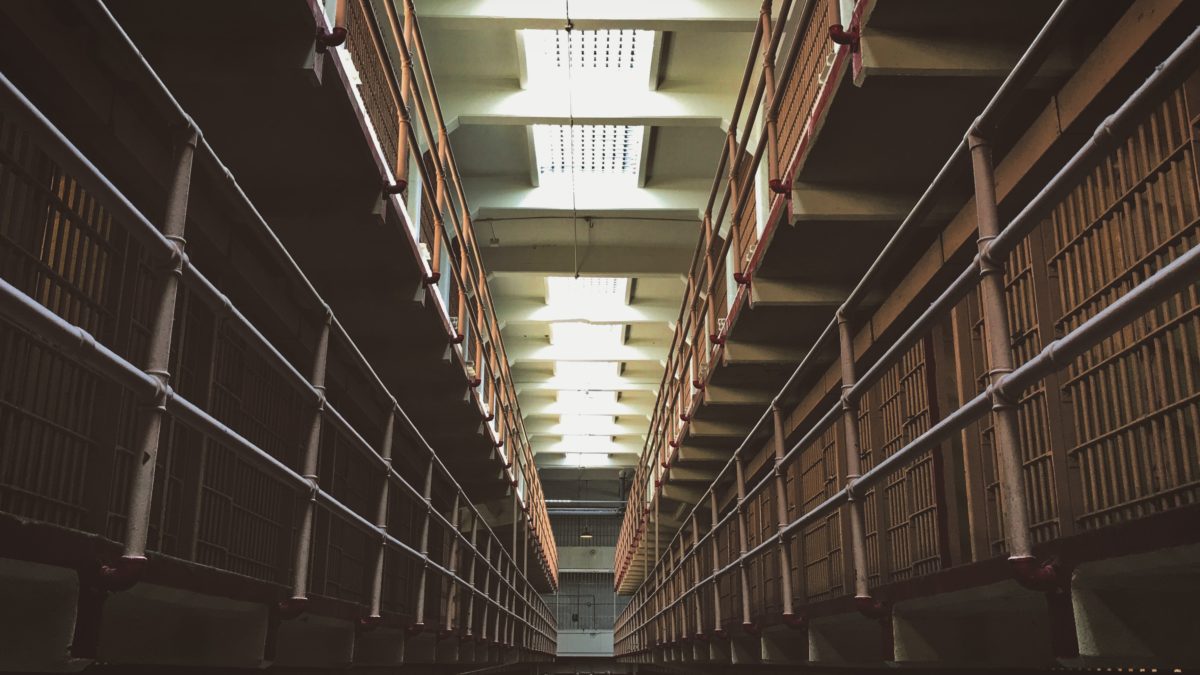
Two years into the COVID-19 pandemic, “prison warehousing”—which used to be a derogatory term—would look like an upgrade. At least warehouses care about the value of the goods they store.
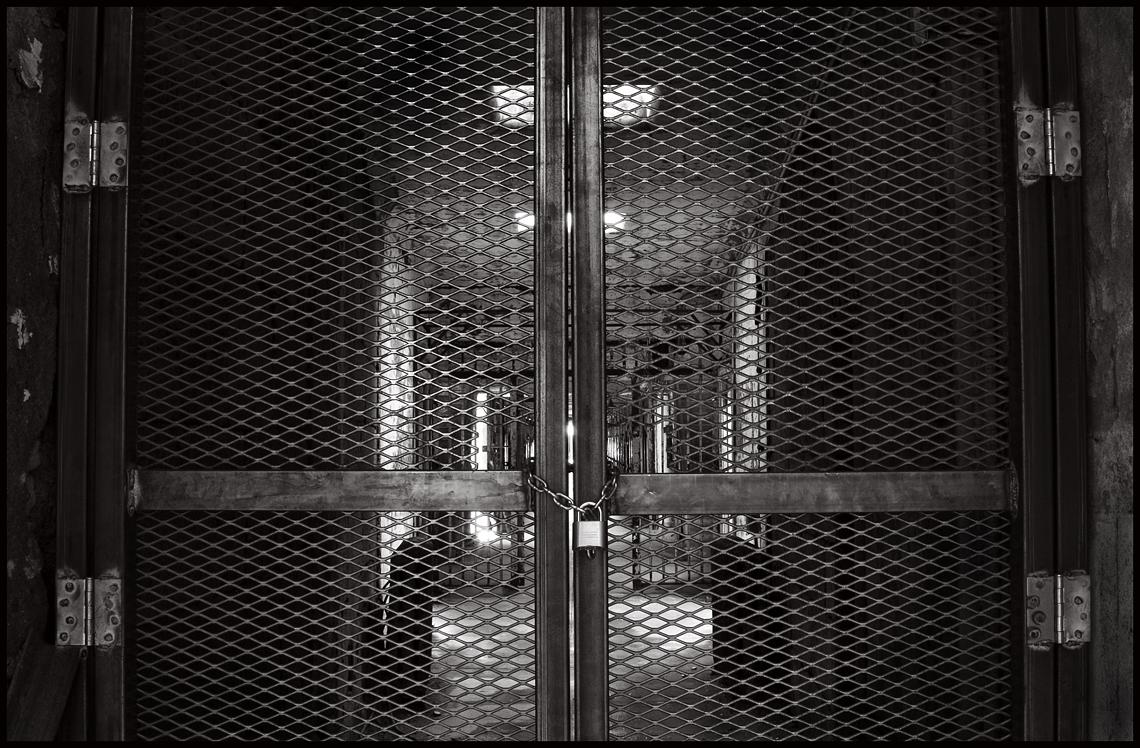
A cycle of hopelessness is taking its toll in prisons across the country, amid continued restrictions on the things that make life more bearable.
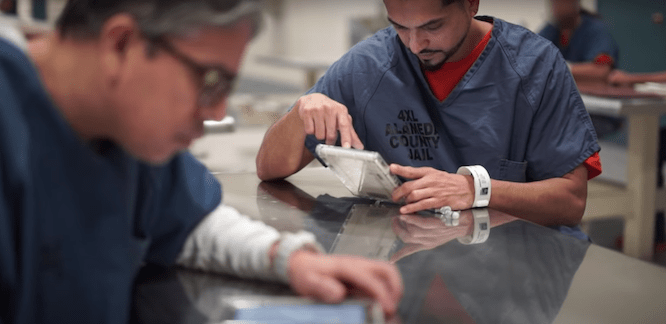
After giving tablets to incarcerated people, prison telecoms giants are charging prisoners and their families exorbitant prices on everything from emails to movies.
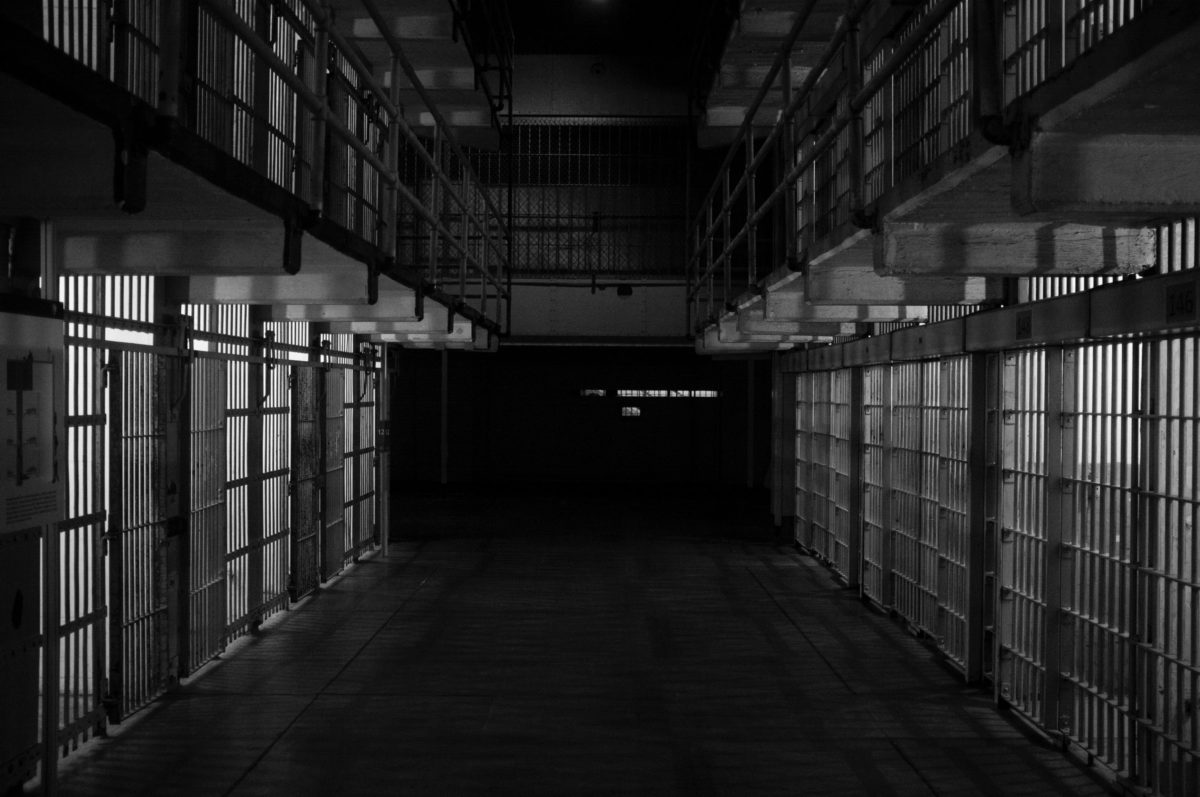
Our team at the University of North Carolina analyzed death-in-custody reporting policies at every state and federal carceral entity. Data collection is a mess—and many states don’t follow the law at all.
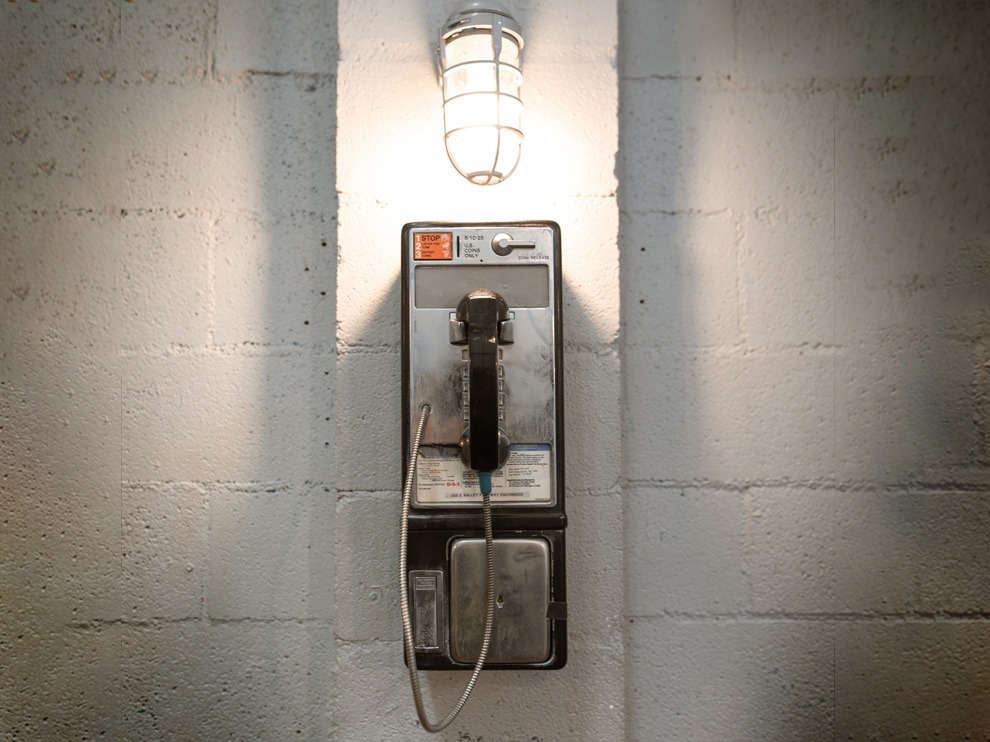
Sky-high costs, fear of retaliation, and isolation create roadblocks for incarcerated people to join conversations about reform.